Tl’o kw’e le ew í:tet o, kw’áy kw’ses kwíyx̲thets means ‘It’s like (they’re) just sleeping, (they) can’t move’.
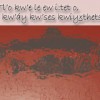

Tl’o kw’e le ew í:tet o, kw’áy kw’ses kwíyx̲thets means ‘It’s like (they’re) just sleeping, (they) can’t move’.
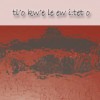
Tl’o kw’e le ew í:tet o means ‘It’s like (they’re) just sleeping’.
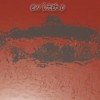
Ew í:tet o means ‘(They’re) just sleeping’.
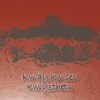
Kw’áy kw’ses kwíyx̲thets means ‘They can’t move’.
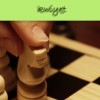
Kwíyx̲t means to move (it). You use it to talk about moving another object or another person (not yourself).

Kwíyx̲thet means ‘to move oneself’.
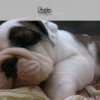
Itet means ‘to sleep’.
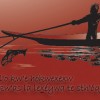
Tl’o kw’e hókwexexw kw’as la lex̲éywa te sth’óqwi means ‘It’s what you use when you go torchlighting’. Literally: ‘It’s what you use when you go torchlight the fish’
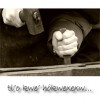
Tl’o kw’e hókwexexw means ‘it’s what you use’. You could also use it for ‘It’s what you wear’.
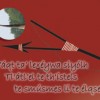
Tl’áqt ta’ lex̲éywa siyólh. Tl’átl’el te th’ístels te smúsmes li te élqsels. means “Your torchlighting spear is long. They attach a cow’s horn on the end.”.
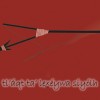
Tl’áqt ta’ lex̲éywa siyólh means ‘Your torchlighting spear (is) long.’.
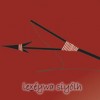
Lex̲éywa siyólh means ‘torchlighting spear‘. Literally it means ‘torchlighting wood’.
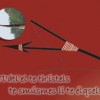
Tl’átl’el te th’ístels te smúsmes li te élqsels means “(They) attach a cow’s horn on the end of it”, or “A cow’s horn is attached on the end of it”.
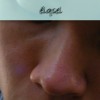
Elqsel means ‘end’ (of an object) or ‘tip’. You can use it for the tip of a nose, point of a knife, end of a pole, etc. You can also use it for a point of land.
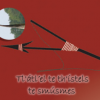
Tl’átl’el te th’ístels te smúsmes means “(They) attach a cow’s horn”, or “A cow’s horn is attached”
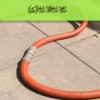
Stl’átl’el (Elizabeth in this story says tl’átl’el) means ‘attached’ or ‘stuck on’.

Tl’álx means ‘to attach it‘ or ‘to stick it on’
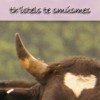
Th’ístels te smúsmes means “cow’s horn, horn of a cow”
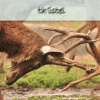
Th’ístel means ‘horn’ (of an animal), or ‘antler’.
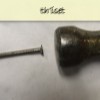
Th’íset means ‘to nail (it)’ or ‘to tack (it)’.
